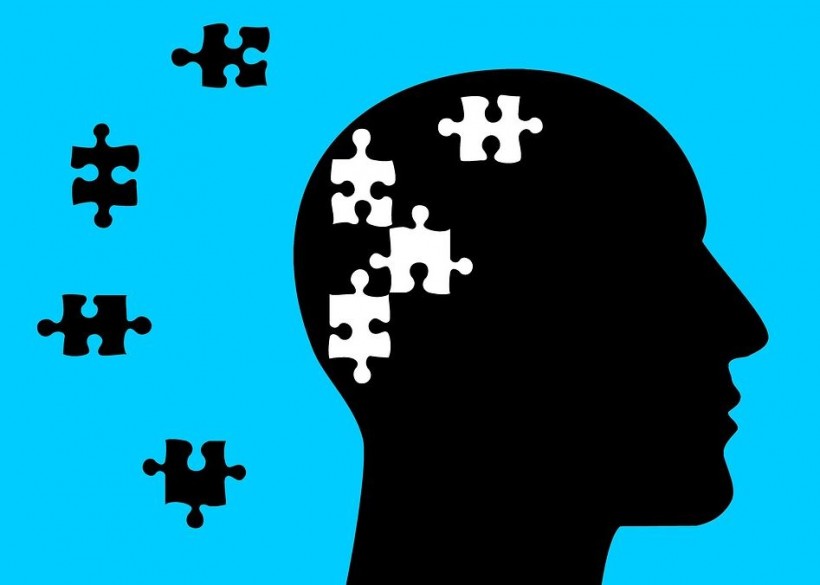WHAT ARE THE BENEFITS OF HOLISTIC THERAPY IN REHABILITATION
Warning: Undefined variable $post in /home/dietofli/public_html/wp-content/plugins/code-snippets/php/snippet-ops.php(584) : eval()'d code on line 3
Warning: Attempt to read property "ID" on null in /home/dietofli/public_html/wp-content/plugins/code-snippets/php/snippet-ops.php(584) : eval()'d code on line 3
The estimated reading time is 3 minutes
Warning: Undefined variable $post in /home/dietofli/public_html/wp-content/plugins/oxygen/component-framework/components/classes/code-block.class.php(115) : eval()'d code on line 3
Warning: Attempt to read property "ID" on null in /home/dietofli/public_html/wp-content/plugins/oxygen/component-framework/components/classes/code-block.class.php(115) : eval()'d code on line 3

A holistic therapy in the rehabilitation of addicted patients takes into account the patient's health from all angles physical, psychological, social, and spiritual aspects. Drug addictions affect all areas of an individual's life, which is why a recovery treatment only wouldn't be enough to make the individual become a better person in society.
It is best to treat the whole person, not solely as an addict. Here are the benefits of holistic therapy.
It is a highly individualized process.
Any holistic drug rehab in Ontario, Canada, acknowledges the fact that what works for one patient may not work for another because each patient is unique.
Therefore, it offers the patient a wide range of therapeutic options to choose from. If one therapy doesn't work or bring the desired results, they use another until they come up with the best treatment for them.
For example, if a patient doesn't like acupuncture, massage, or yoga may be used the next time to ease the pain. When patients discover therapies that work well for them, they adopt the use of the treatment as a way to cope with cravings and influence.
It acknowledges the individual's physical health.
A holistic therapy cater’s to the patient’s drug addiction through physical treatment that involves detoxification of the body system plus other fitness and dietary measures.
Acupuncture, yoga, and massage are useful in a holistic approach to treating the patient's physical pain and aches associated with the addiction and withdrawal symptoms. The physical treatment works with the patient’s body rather than against it.
It also includes therapies to help the patient repair the damage that addiction has done to their bodies through healthy eating habits. It helps the patient realize that their physical health is crucial for their recovery.
It caters to the patient's mental health.
Addiction is not only a drug substance disorder but also a psychological disorder. It affects the mind through withdrawal symptoms such as stress, depression, anxiety, schizophrenia, bipolar disorders, and other mental illnesses.
A holistic approach acknowledges the health of the patient's mind through individual or group therapeutical sessions. Most addictions result from backgrounds where there is emotional or physical abuse and therapy helps the patients to deal with underlying psychological problems that led them to addiction, for example, trauma.
Cognitive Behavioural Therapy corrects dysfunctional behavior. It helps the patient acknowledge that actions and feelings are a result of an individual's thoughts but not outside stimuli such as people or situations.
It treats the patient's spirit.
A drug addict that gets to the point of rehabilitation is a profoundly disoriented person in spirit. They see themselves as failures.
Holistic rehabilitation helps them cope with their emotions healthily and positively. For instance, yoga and meditation is a spiritual practice that helps them cope with negative emotions, relieve stress, and anxiety, and improve their sleeping patterns.
It eventually helps them reconnect to their inner spirit.
It helps patients understand themselves.
Drug addiction is a way to cope with adverse problems such as pain, stress, interpersonal relationships, etc. A holistic treatment helps a patient reconnect with their body, mind, and spirit.
For example, mindfulness allows them to manage their emotions, such as anger in a healthy manner. They learn to be mindful of other people, and it helps them repair their relationships as they rebuild their lives.
Conclusion
A holistic approach to rehabilitation is a personalized treatment that encourages the patient to discover and build a system of therapy that helps them to avoid relapses and become a better person.














